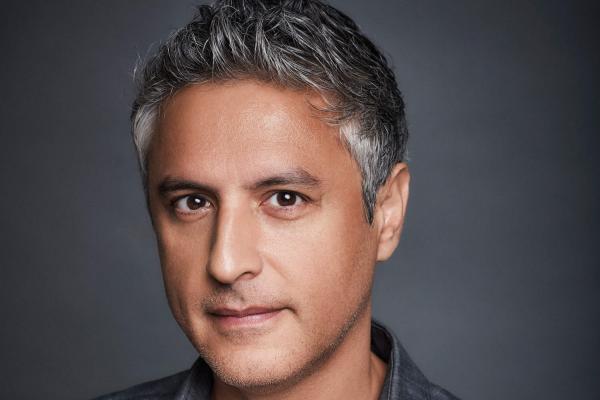Feb 28, 2019
So far, Aslan’s cable shows — including his Muslim-American family sitcom that was dropped by ABC — have not panned out. But his ambitions to reach a broader audience remain as large as ever. And unlike the somewhat braggadocios and didactic style of commentary that he’s become known for in front of television cameras, he’s eager to change minds while occupying a different place: behind the camera.
Read the Full Article

Already a subscriber? Login
